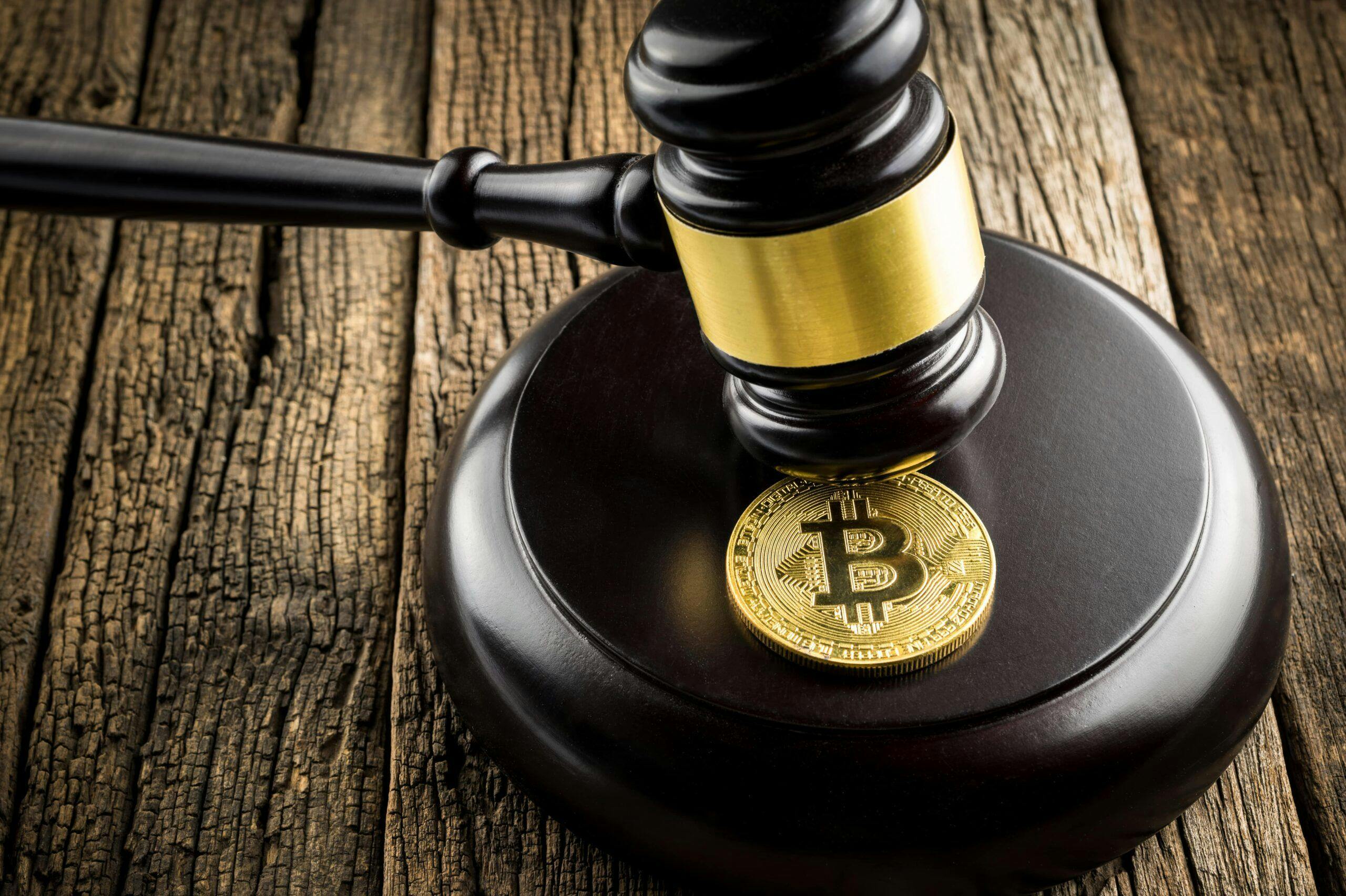122 reads
Time To Find Out If Bitcoin Is Legal In Your Country
by
August 27th, 2021

Bybit, a crypto exchange, offers an ultra-fast matching engine across Spot, F&O, launchpads, earn products, NFTs & more.
About Author
Bybit, a crypto exchange, offers an ultra-fast matching engine across Spot, F&O, launchpads, earn products, NFTs & more.
